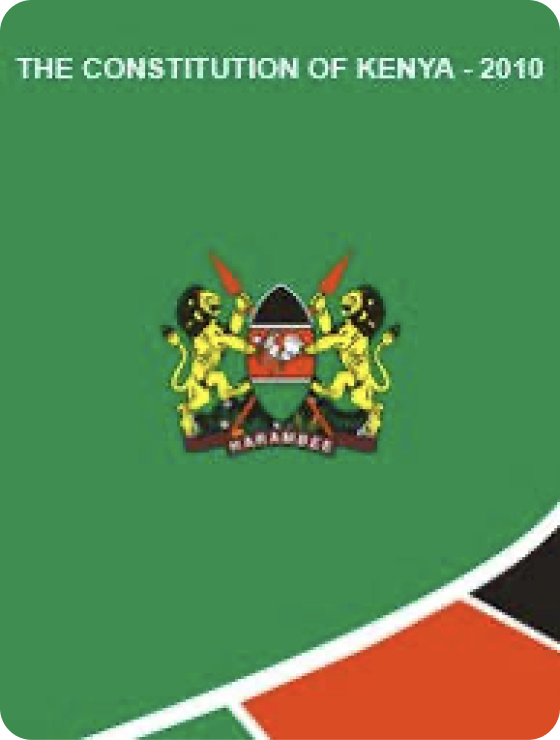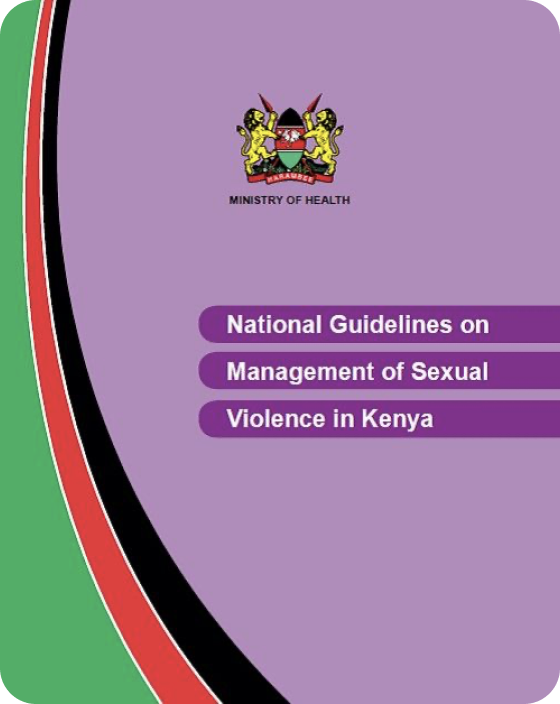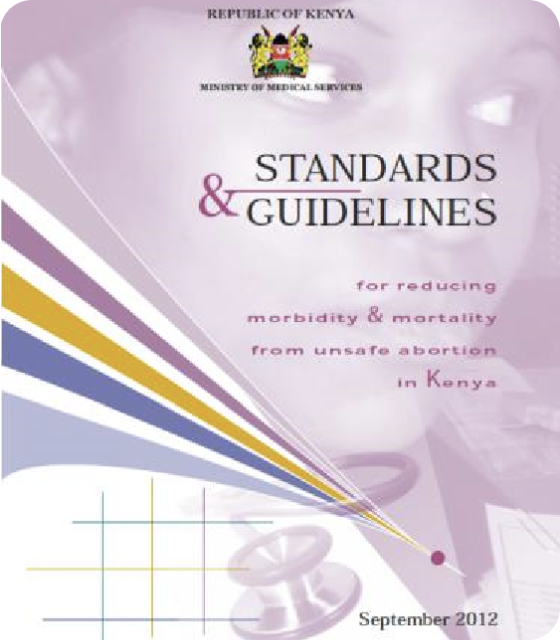The Constitution of Kenya 2010 provides for the right to the highest attainable standard of reproductive health under the following provisions:

Article 43(1)(a)which states the right of “Every person to the highest attainable standard of health, which includes the right to health care services, including reproductive health care”
Article 43(2): “A person shall not be denied emergency medical treatment”
According to Article 26(4), there are four broad indications on when a medical provider can perform a safe abortion. These are:
The Health Act 2017 defines health as a state of complete physical, mental and social well-being and not merely the absence of disease or infirmity.
Section 6(1) of the Act is instructive on abortion matters as it provides:
Every person has a right to reproductive health care which includes—
(c) access to treatment by a trained health professional for conditions occurring during pregnancy including abnormal pregnancy conditions, such as ectopic, abdominal and molar pregnancy, or any medical condition exacerbated by the pregnancy to such an extent that the life or health of the mother is threatened. All such cases shall be regarded as comprising notifiable conditions.
Section 6(2) thereafter defines “a trained health professional” to refer to a health professional with formal medical training at the proficiency level of a medical officer, a nurse, midwife, or a clinical officer who has been educated and trained to proficiency in the skills needed to manage pregnancy-related complications in women, and who has a valid license from the recognized regulatory authorities to carry out that procedure.
The Act also demands that any procedure carried out shall be performed in a legally recognized health facility with an enabling environment consisting of the minimum human resources, infrastructure, commodities and supplies for the facility.
The Penal Code criminalizes the procurement of unsafe abortion under sections 158- 160 which state as follows:
Section 158 ‘Any person who, with intent to procure miscarriage of a woman, whether she is or is not with child, unlawfully administers to her or causes her to take any poison or other noxious thing, or uses any force of any kind, or uses any other means whatever, is guilty of a felony and is liable to imprisonment for fourteen years’
Section 159 ‘Any woman who, being with child, with intent to procure her own miscarriage, unlawfully administers to herself any poison or other noxious thing, or uses any force of any kind, or uses any other means whatever, or permits any such thing or means to be administered or used to her, is guilty of a felony and is liable to imprisonment for seven years’
Section 160 ‘ Any person who unlawfully supplies to or procures for any person anything whatever, knowing that it is intended to be unlawfully used to procure the miscarriage of a woman whether she is or is not with child, is guilty of a felony and is liable to imprisonment for three years’
It is however noteworthy that the Penal Code also allows a trained health professional to provide safe abortion services if performed in 'good faith and reasonable care' under Section 240 which states as follows:
‘A person is not criminally responsible for performing in good faith and with reasonable care and skill a surgical operation upon any person for his benefit, or upon an unborn child for the preservation of the mother’s life, if the performance of the operation is reasonable, having regard to the patient’s state at the time and to all the circumstances of the case.'
These National Guidelines (3rd edition), have been designed to give general information about management of sexual violence in Kenya. They focus on the need to avail quality services that addresses medical, psychosocial, legal needs of a survivor of sexual violence in both stable and humanitarian contexts.

Page 78 of the Guidelines recognizes that one of the rights that a survivor of sexual violence has is the right to termination of pregnancy and post abortion care.
It is worth noting that as of October 2018, the Ministry of Health had developed draft Post Abortion Care Guidelines: A pocket guide for health care providers which is anticipated to be reviewed and validated within the year.

In 2012 the Ministry of Health launched Standards and Guidelines for the reduction of maternal morbidity and mortality from Unsafe Abortion. These Guidelines were however withdrawn in December 2013 and are currently under review.
The withdrawal of the Guidelines sparked a constitutional question courtesy of the FIDA Kenya & others Vs AG, Petition 266 of 2015 that is currently before a five-judge bench. The case is set back to court on 4th December 2018.
